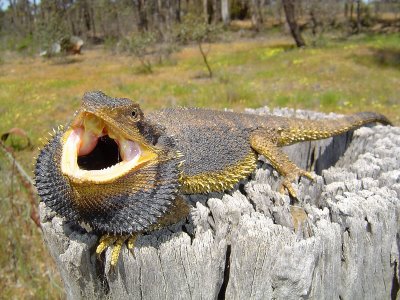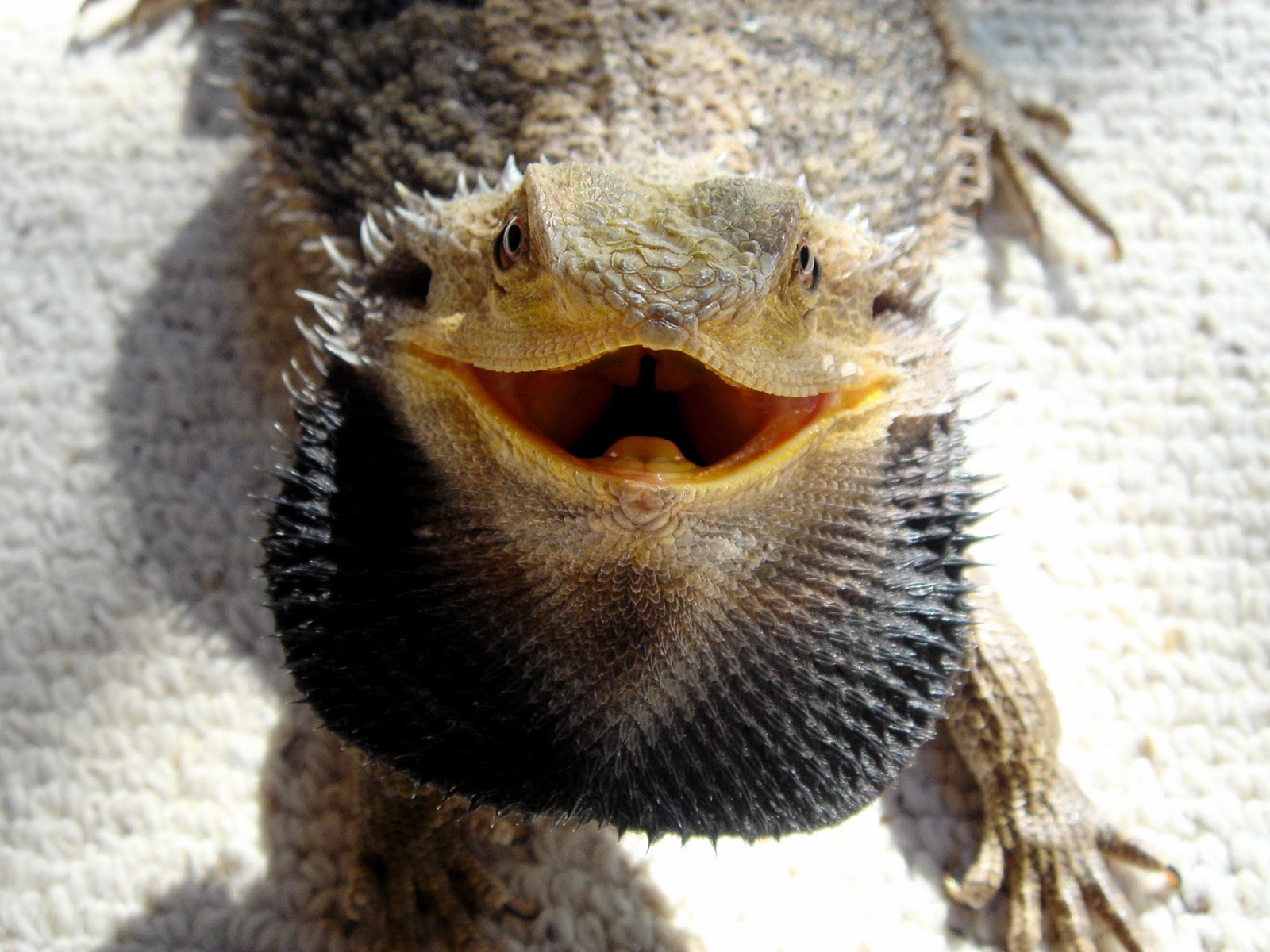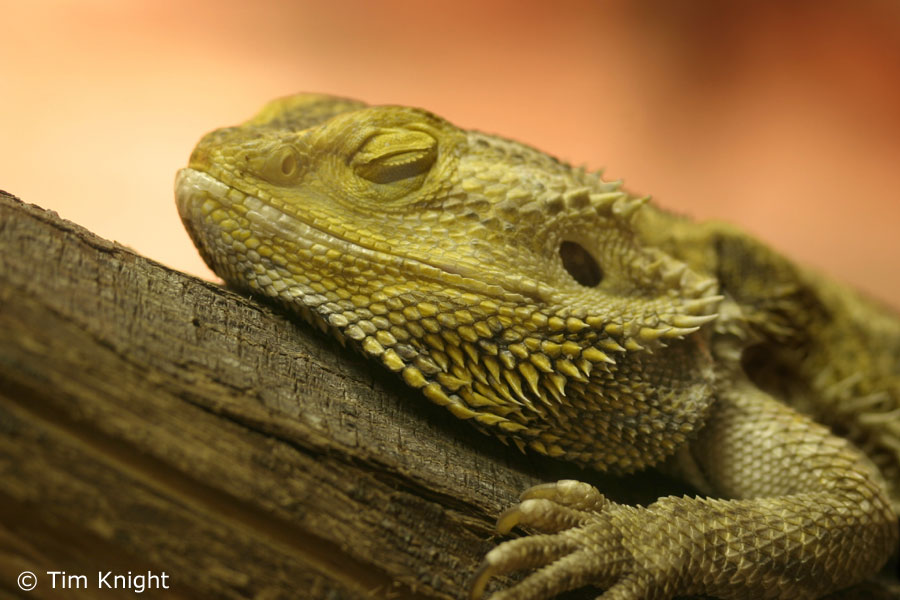Bearded Dragon Gravid: Everything You Need to Know for Your Expecting Dragon
What does it mean when your bearded dragon is gravid?

If you have a female bearded dragon, there may come a time when you notice she appears to be carrying eggs. This is known as being gravid, which is the term used for when a female reptile is pregnant. In this blog post, we will go over everything you need to know about bearded dragon gravid and how to take care of your expecting dragon.
How do you know if your bearded dragon is gravid?
One way to tell if your bearded dragon is gravid is to look for physical changes. Female bearded dragons who are gravid may become wider in the midsection and their belly may feel firm or lumpy. They may also display nesting behavior, such as digging in the substrate or rearranging their enclosure.

It is important to note that not all female bearded dragons will be gravid, and not all gravid dragons will lay eggs. In some cases, the eggs may become impacted, which can be life-threatening to your dragon. If you suspect your bearded dragon is gravid, it is best to consult with a reptile veterinarian.
How do you care for a gravid bearded dragon?
Gravid bearded dragons have special needs and require different care than non-gravid dragons. Here are some tips to help you care for your gravid bearded dragon:
Provide a suitable nesting area
Female bearded dragons who are gravid will need a nesting area to lay their eggs. This can be a container filled with damp sand, soil or vermiculite. Make sure the nesting area is large enough for your dragon to dig and lay eggs in. The nesting area should also be kept at a temperature of around 85°F to 90°F.
Increase calcium intake

Gravid bearded dragons require extra calcium to produce strong, healthy eggs. Offer your dragon calcium supplements or provide a calcium-rich diet, such as leafy greens or calcium-dusted insects. It is important to avoid over-supplementation, as this can lead to health problems.
Maintain proper temperature and humidity
Bearded dragons require a specific temperature range and humidity level to thrive. Make sure the enclosure is heated with a basking light, and provide a temperature gradient that allows your dragon to regulate its body temperature. The humidity level in the enclosure should also be kept at a moderate level to prevent dehydration.
Monitor health closely

Female bearded dragons who are gravid are more susceptible to health problems than non-gravid dragons. It is important to monitor your dragon closely for signs of illness, such as lack of appetite, lethargy or abnormal behavior. Make sure to consult with a reptile veterinarian if you suspect your dragon is unwell.
What happens after a bearded dragon lays eggs?
After your bearded dragon lays eggs, it is important to provide proper care for your dragon and the hatchlings. Here are some tips for caring for your bearded dragon after laying eggs:
Provide a warm and humid environment
After laying eggs, your bearded dragon may require a period of rest and recovery. It is important to provide a warm and humid environment to help with healing. This can be accomplished through a misting system or a humid hide.
Feed a nutritious diet

Hatchling bearded dragons require a nutritious diet to grow and develop properly. Offer a variety of insects and vegetables, and make sure to supplement with calcium and other vitamins and minerals as needed.
Provide proper housing
As hatchlings grow, they will require more space to move around. Provide a suitable enclosure with proper lighting, heating and substrate to ensure the health and well-being of your hatchlings.
Conclusion
Bearded dragon gravid can be an exciting and rewarding experience for any reptile enthusiast. It is important to provide proper care to ensure the health and happiness of your expecting dragon and the hatchlings. By following these tips, you can help your gravid bearded dragon through this exciting time and raise healthy, happy hatchlings.
